_____Coming Up Fast_____
October 4, 2025 – Moderating “Your Novel’s Home: Three Publishing Professionals Discuss Paths to Publication” @ Gotham Writers Fiction Conference [Zoom], New York, NY
_____In the Rearview_____
April 4, 2025 – Reading @ Scissortail Creative Writing Festival, Ada, OK
APR 19, 2025 – Presentating: “Talking Dialog” @ Fremont Area Writers [Zoom], Fremont, CA
OCT 19, 2024 – Presenting: “You’ve Got a Complete Manuscript, Now What?” @ Louisville Book Festival, Louisville, KY
JUL 11, 2024 – Author Talk with PCWP Writing Camp @ Angelo State University (via Zoom), San Angelo, TX
JUN 15, 2024 – In Conversation with Bobi Conn @ The Taleless Dog Booksellers, Berea, KY
OCT 1, 2022 – Magazine Editor’s Panel @ Heartland Book Festival, Elizabethtown, KY
OCT 8, 2022 – Kentucky State Poetry Society Conference @ Western Kentucky University (Cherry Hall), Bowling Green, KY
NOV 12, 2022 – Writers Block Festival @ Ivy Tech Community College, Sellersburg, IN
SEP 24, 2022 – Presentation @ Madison Book Fest @ Madison County Library, Richmond, KY
AUG 18, 2022 – Featured Reader @ Berea Arts Council Literary Open Mic, Berea, KY
JUL 22, 2022 – Reading @ Bluegrass Writers Studio Domestic Summer Residency, Richmond, KY
JUN 28, 2022 – Reading w Julie Hensley and Patricia Reis @
Centro Nacional de Cultura – Galeria Fernando Pessoa, Lisbon, Portugal
JUN 3, 2022 – Leading pre-conference retreat @ Carnegie Center’s Books-in-Progress Conference, Lexington, KY
DEC 5, 2021 – Signing books, 3-5p, at Kentucky Author Open House @ Apollo Pizza in Lexington, KY
OCT 12, 2021 – My story, “Alexandrov & Petrooshki,” will be published in 2022 by Evening Street Review.
AUG 11, 2021 – Presenting “You Will Submit” with Brian Petkash at Literary Cleveland.
SEP 12, 2020 – New essay, “Simple Math,” in winter 2020 (issue 210) of Cimarron Review.
MAY 21, 2020 – New essay, “The Boys of Midsummer,” available in spring 2020 online edition of Baltimore Review.
MAR 5, 2020 – AWP20 Panel: “Small wonder: How small presses and their authors promote their work,” 3:20p-4:35p, room 303, Ballroom Level, Henry B Gonzalez Convention Center in San Antonio, TX.
MAY 19, 2019 – Promoted to Full Professor at Eastern Kentucky University.
JAN 16, 2019 – Excited to announce I’ll be judging the 2019 West Virginia Writers Book Length Prose Contest.



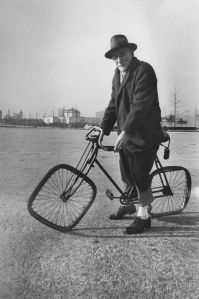
 Hemingway.
Hemingway.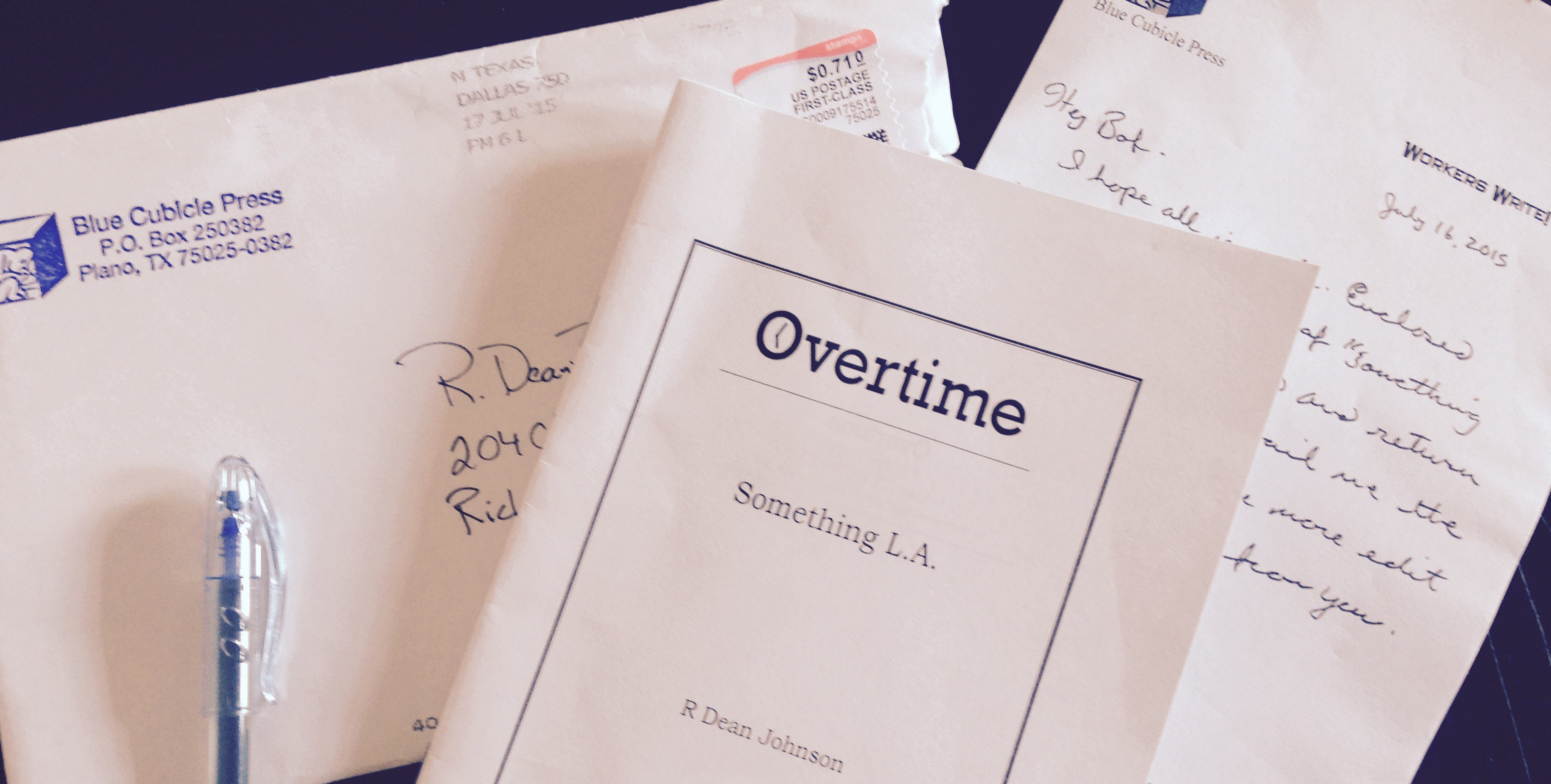 ten on GoodReads. (Yes, I’m giving away at least 10). If you’re up for a true, funny story about a modeling agency party in Hollywood that also features two famous people making cameos (no spoilers, but one’s an actor and one’s a musician), and you wouldn’t mind writing a short review (like, 2-5 sentences) and posting it, I’ll send you the chapbook for free. Just message me with your address from my website (rdeanwriter.com), Facebook (R Dean Johnson), Instagram or Twitter (both @rdeanwriter), or good old-fashioned email (r-dean.johnson@eku.edu). I’ve even sign it to you (unless you plan to re-gift or sell it, then I won’t; just let me know).
ten on GoodReads. (Yes, I’m giving away at least 10). If you’re up for a true, funny story about a modeling agency party in Hollywood that also features two famous people making cameos (no spoilers, but one’s an actor and one’s a musician), and you wouldn’t mind writing a short review (like, 2-5 sentences) and posting it, I’ll send you the chapbook for free. Just message me with your address from my website (rdeanwriter.com), Facebook (R Dean Johnson), Instagram or Twitter (both @rdeanwriter), or good old-fashioned email (r-dean.johnson@eku.edu). I’ve even sign it to you (unless you plan to re-gift or sell it, then I won’t; just let me know).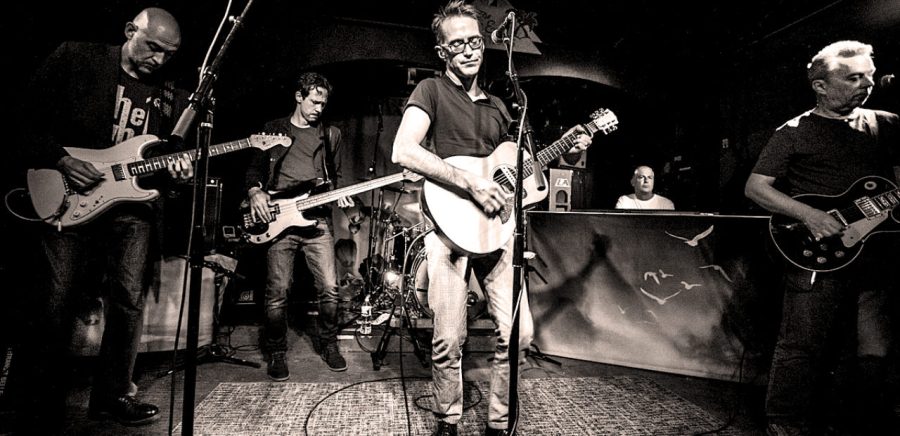
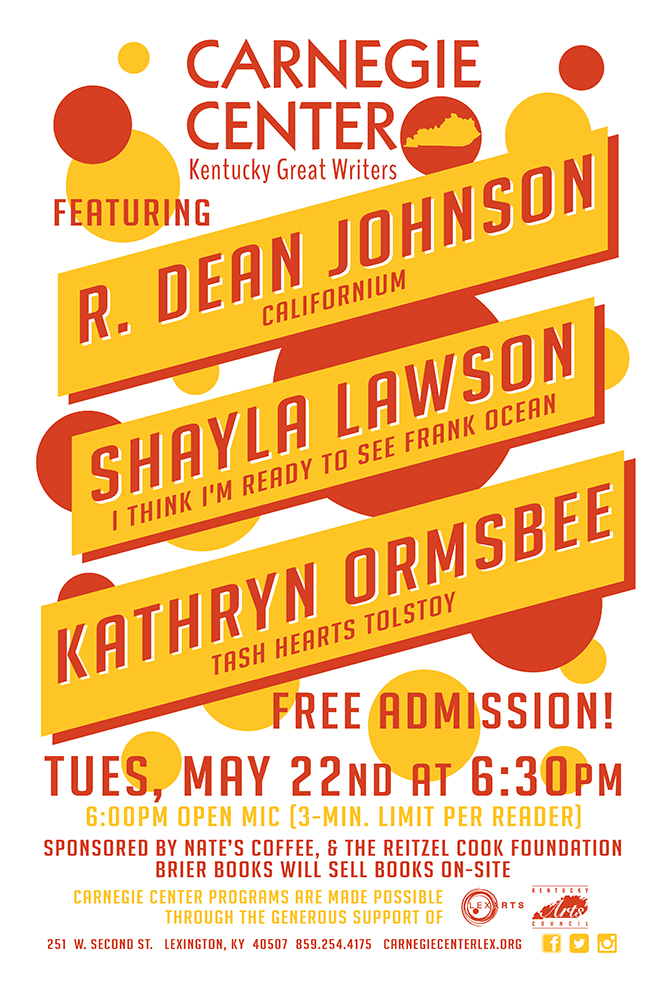 was July 5, 2016. In terms of proper premieres, this one had it all:
was July 5, 2016. In terms of proper premieres, this one had it all: DikNixon. It’s always a pleasure to go there. But, I’m also glad to be transitioning more and more attention to finishing the next two projects—an essay collection and a novel. The former is close and the latter, who knows, but I like where it’s going so far.
DikNixon. It’s always a pleasure to go there. But, I’m also glad to be transitioning more and more attention to finishing the next two projects—an essay collection and a novel. The former is close and the latter, who knows, but I like where it’s going so far.
 (Indiana University Press, 2016) is more than a collection of essays. Rafferty leads the reader to a complete whole as thematic ties bind these essays together even as, individually, they stand alone.
(Indiana University Press, 2016) is more than a collection of essays. Rafferty leads the reader to a complete whole as thematic ties bind these essays together even as, individually, they stand alone.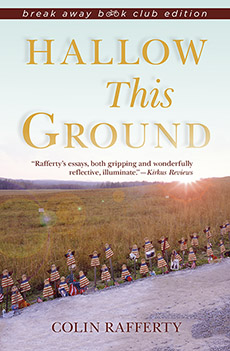
 December 15.
December 15.